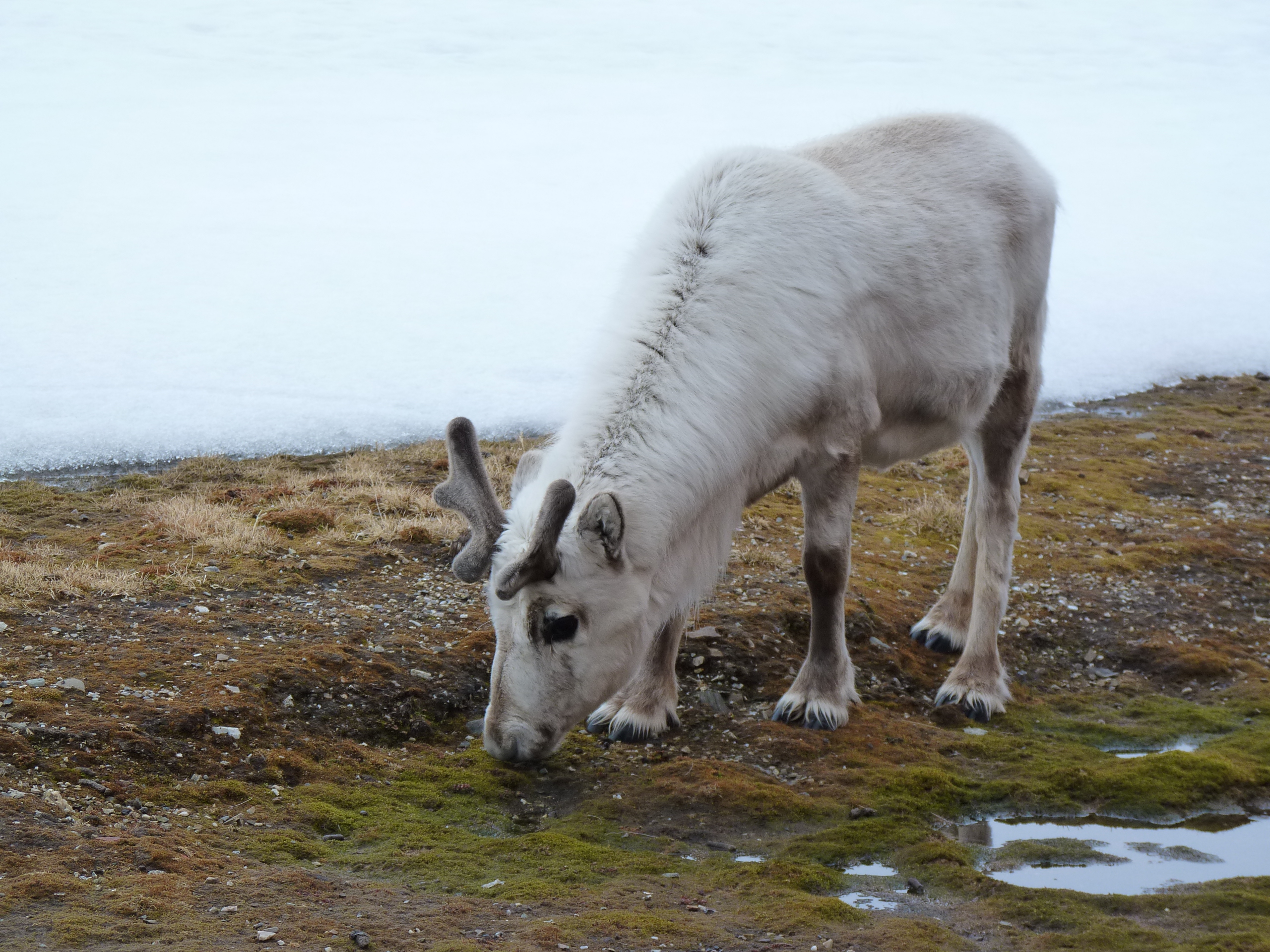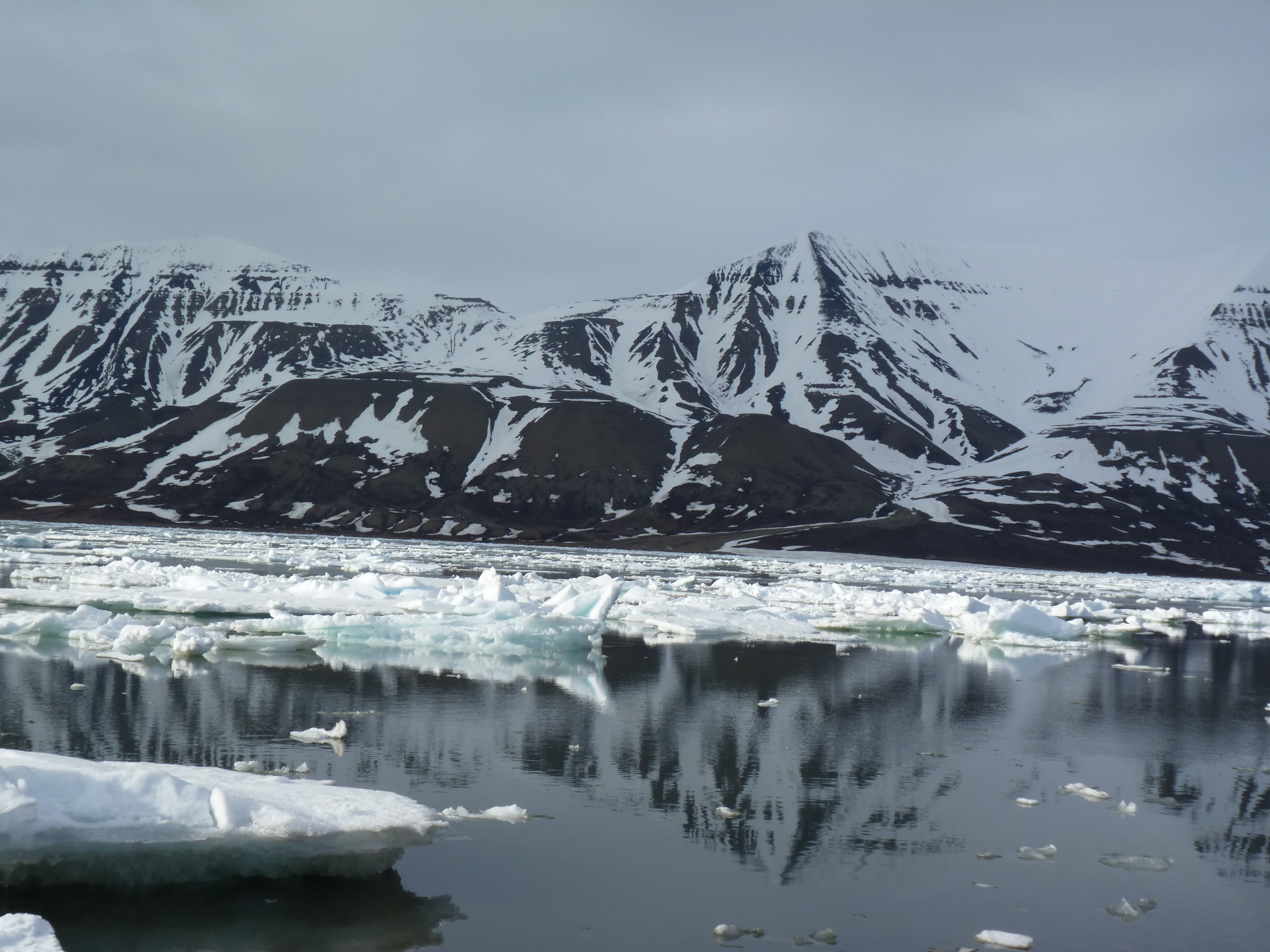Arctic thaw – carry on regardless?
When a colleague who has a lot of sympathy for those who do NOT accept that humans are responsible for global warming drew attention to the fact that this had been the hottest June on record, following hard on the hottest May, I must admit I was temporarily put of my guard. Aha, I thought. Is he finally getting the message? Alas, the answer is no. There is a small minority of people that still argues – for whatever reason – that natural variation could be responsible for all this, while acknowledging the record concentration of CO2 in the atmosphere. “And all that stuff”. Hm.
A far greater danger to the climate, though, is the “take it for granted” mentality amongst a much larger percentage of the population. It seems to waft in on the warm breezes of the warm, almost tropical summer we are experiencing here at the moment. People sitting out on these balmy nights sipping a cool drink tend not to worry about trivialities like the latest NOAA “state of the climate” report, documenting “increases in temperature, sea level and CO2”. Not to mention the connection between that and our comfortable lifestyles.
“In 2013, the vast majority of worldwide climate indicators – greenhouse gases, sea levels, global temperatures, ctc. – continued to reflect trends of a warmer planet”, says the report. Please note we are talking about a report from the “National Oceanic and Atmospheric Administration” of the US Department of Commerce, published online by the American Meteorological Society, not a pamphlet by an environment ngo. It gives an overview of global climate indicators, notable weather events and other data collected by environmental monitoring stations and instruments on air, land, sea and ice.
“These findings reinforce what scientists for decades have observed: that our planet is becoming a warmer place”, says NOAA administrator Kathryn Sullivan. She says the report provides the basic info we need to help communities, businesses and countries to prepare for the impacts of climate change.

A report says Svalbard reindeer benefit from warming. Shame about all those other species…. (I.Quaile 2010)
The report confirms that greenhouse gases continued to rise, reaching historic high values. It notes milestones like the observation of a daily concentration of CO2 above 440 ppm on May 9th at the Mauna Loa Observatory in Hawaii. The threshold was already crossed in spring 2012 at some measuring points in the Arctic. Australia had its warmest year on record. Sea surface temperature was among the 10 warmest on record. Global average sea level continued to rise.
The ARCTIC, of course, continued to warm and its sea ice to decline. Now “skeptical” individuals are at pains to point out that it was “only” the “seventh warmest year” since records began in the early 20th century. But even 20 metres below the permafrost in Alaska, record high temperatures were measured. The Arctic sea ice extent was “only” the sixth lowest since satellite observations began in 1979. But then, all seven lowest sea ice extents on record have occurred in the past seven years.
Another interesting little figure from the report – the South Pole had its highest annual temperature since records began in 1957 towards the end of 2013.
While those with a skeptical mindset focus on the spread of Antarctic sea ice (anything but a sign of global cooling, the experts tell us), let me bring in a little newer Antarctic evidence published this year, indicating that the West Antarctic ice sheet has reached a tipping point and taken us into an era of “irreversible climate change”, according to Prof. Andreas Levermann of the Potsdam Institute for Climate Impact Research.
The trouble is that NOAA’S “scientific snapshot of what’s happening in our world, as it is described by Keith Seitter, AMS Executive Director, runs the risk of disappearing into the album, as people accept with resignation or ignore as unavoidable the fact that the planet is gradually passing the milestones on the way to a world that is warming so fast that neither nature nor vulnerable communities can adapt in time to avert what scientists have been telling us for a long time are potentially catastrophic consequences.
















